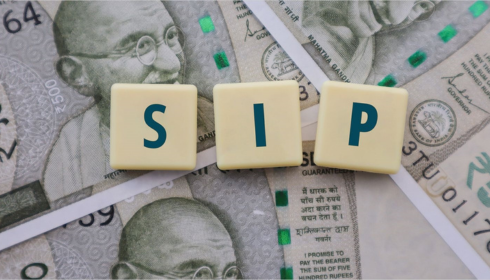When making investment decisions, we would like to think we are rational and logical. But the truth is our emotions and biases often play a significant role in shaping our financial choices. This is where behavioral finance comes in: how psychological factors influence our investment decisions. In Delhi, where personal loans are increasingly popular, understanding behavioral finance can help borrowers make more informed choices. Also, we have an idea about how behavioral biases can impact investment decisions, even regarding something as straightforward as a personal loan.
The Fear of Loss
Imagine you are applying for a personal loan in Delhi. They are offered a loan with a higher interest rate, but a longer repayment period. You might choose this option to minimize the risk of default, even if it means paying more in interest over time. This is a version of loss aversion: the fear of losses can lead us to make risk-averse decisions, even if it means missing out on potential gains.
The Power of Foremost Impressions
When we receive information, we tend to rely heavily on the first piece of data we receive. This is called anchoring bias. If one is offered a personal loan at 14% interest, might assume that’s the best rate available and not shop around for better deals. But what if you could get a better rate elsewhere?
Hindsight is 20/20
After making a loan decision, we might believe we would have made a good choice even if we had known the outcome. This is hindsight bias; we tend to attribute our success to our financial acumen, rather than acknowledging the role of external factors. But what if we could learn from our mistakes? By finding the hindsight bias, we can regularly review our investment decisions and make more informed choices in the future.
The Way Information is Presented Matters
The way information is presented can significantly impact our investment decisions. A loan with a low interest rate of 15% might seem more attractive than one with a high rate of 12%, even if the latter is the better deal. This is the framing effect we tend to make decisions based on how information is presented, rather than the actual terms. By looking beyond the framing effect, we can evaluate loans based on their actual terms and make more informed decisions.
Following the Crowd
We often follow the crowd and choose lenders or loan products simply because they are popular. This is herd behavior in that we make decisions based on what others are doing, rather than our individual needs. But what if we could make choices based on our own needs? finding out the herd behavior, we can take the time to research and compare options, ensuring that we get the best deal.
Treating Money Differently
Always we tend to treat different types of money differently, if it’s ultimately fungible. we might be more willing to spend money from a personal loan than from our savings, even if the loan has a high interest rate. This is mental accounting. We tend to treat money from different sources differently. If we use our mental accounting, we can treat all money equally and make more informed financial decisions. And finding these behavioral biases, individuals in Delhi can make more informed investment decisions when it comes to personal loans. Be aware of hindsight bias and regularly review your investment decisions. Look beyond the framing effect and evaluate loans based on their actual terms. Avoid herd behavior and make choices based on your individual needs. be mindful of mental accounting and treat all money equally. By doing these you can make more informed financial decisions and achieve your goals.





